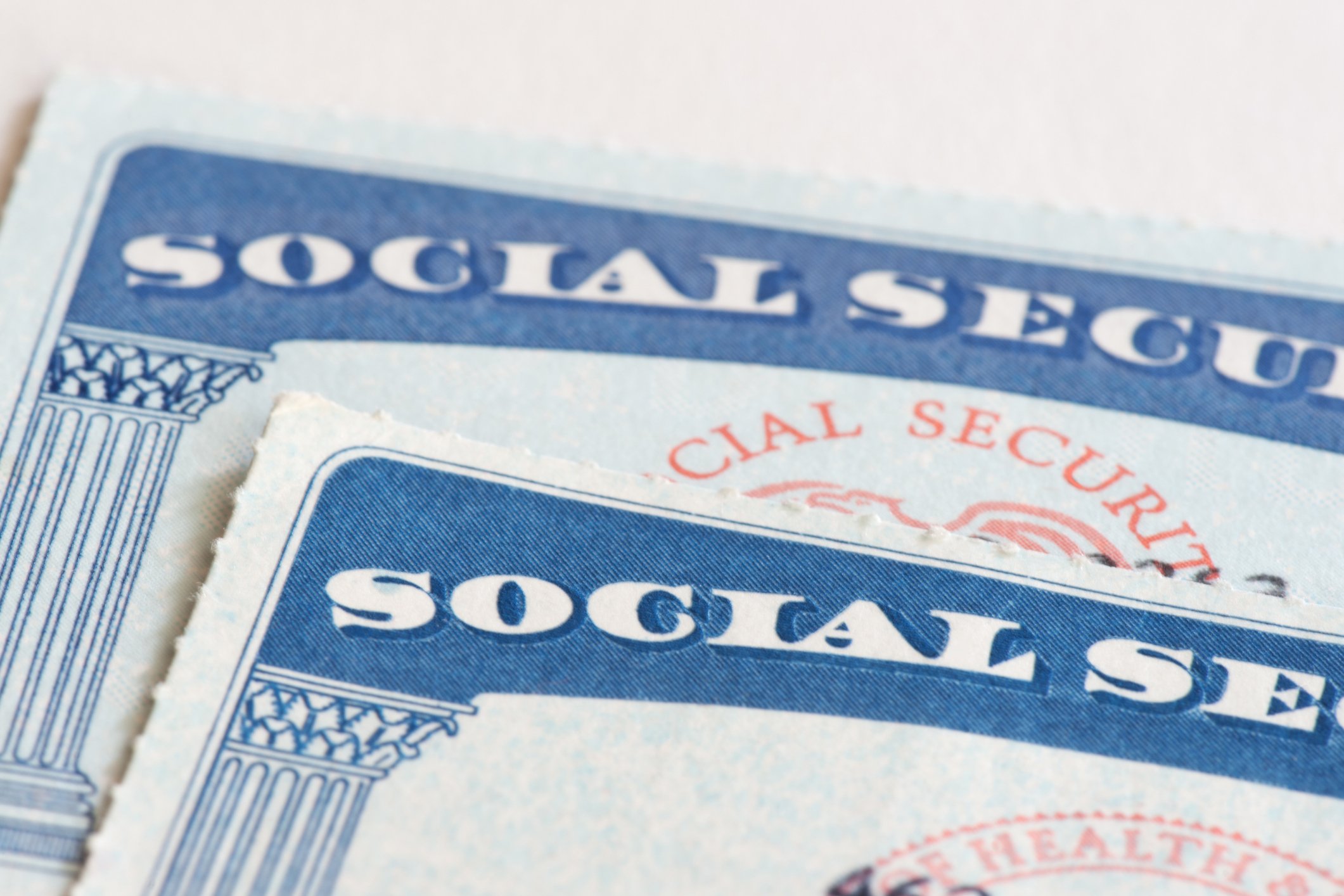Many of us look forward to retirement and the chance to enjoy life without the constraints of a full-time job. But for nearly half of workers, retirement could end up being nothing more than a period of financial stress.
In a new Gallup poll, 46% of working adults are worried they won't have enough money to pay the bills in retirement. What's troubling, however, is that back when Gallup began tracking this data in 2002, only 32% of workers felt the same.

Image source: Getty Images.
Why the uptick in pessimism? It could be that people are getting wiser about the costs they'll face in retirement -- including healthcare, the one expense that's virtually guaranteed to go up. Furthermore, with rumors circulating about Social Security potentially going bankrupt, countless workers today are left wondering if they'll actually get benefits by the time they leave their careers behind.
If you're worried about not having an adequate income stream in retirement, you should know that you have the power to alleviate that concern. You just need to be willing to make an effort during your working years.
Securing your own retirement
While current workers don't have to worry about Social Security actually going broke, the program might indeed have to start slashing benefits as early as 2034 based on its current financial standing and projections. Now, at present, those benefits are designed to replace about 40% of the typical worker's pre-retirement income, but most of us need roughly double that amount to live comfortably as seniors. If those benefits were to get cut, however, Social Security would provide even less income to seniors, which is why today's workers need to be even more diligent about saving.
Now, the good news is that if you're still working, you have a chance to build a nest egg even if you have absolutely no money set aside to date. Of course, the more working years you have ahead of you, the greater your chances of catching up, but understand that as long as you have the opportunity to bring home a paycheck, you have the ability to save.
Where to begin? You can start by reviewing your budget and cutting corners. Reducing a few living expenses might work to free up several hundred dollars a month, and if you have a long savings window ahead of you, that'll go pretty far over time. Another option is to work a side gig to drum up some extra cash. Doing so might allow you to build a decent nest egg without having to cut back on some of the luxuries you've come to enjoy.
How much savings can you really build by saving just a few hundred dollars a month? It depends on your total savings window, but as the following table illustrates, your total can be quite substantial:
|
If You Start Saving $200 a Month at Age: |
Here's What You'll Have by Age 65 (Assumes an 8% Average Annual Return): |
|---|---|
|
25 |
$622,000 |
|
30 |
$413,000 |
|
35 |
$272,000 |
|
40 |
$175,000 |
|
45 |
$110,000 |
|
50 |
$65,000 |
|
55 |
$35,000 |
Table and calculations by author.
As you can see, the more time you have at your disposal to growth your wealth, the greater a nest egg you stand to accumulate. At the same time, if you're already in your 50s with no savings to show for, you'll clearly need to do better than $200 a month in savings if you want a shot at a financially secure retirement. But if you're willing to max out an IRA at $6,500 a year for 10 years, you'll come away with $94,000, assuming that same 8% average annual return (which, incidentally, is just below the stock market's average). Better yet, if you're willing to extend your career for another five years, you'll retire with $176,000, plus you'll avoid dipping into your savings for five years, thereby making them last longer.
If you're worried you won't have enough money to live comfortably in retirement, the best plan of attack is to start saving as much as you can, as soon as you can. Though Social Security will most likely be around in some shape or form for all of today's workers, those benefits, which have limited buying power to begin with, may very well get cut. The best way to ensure a decent lifestyle when you're older is to take savings matters into your own hands, even if it means making some sacrifices along the way.





